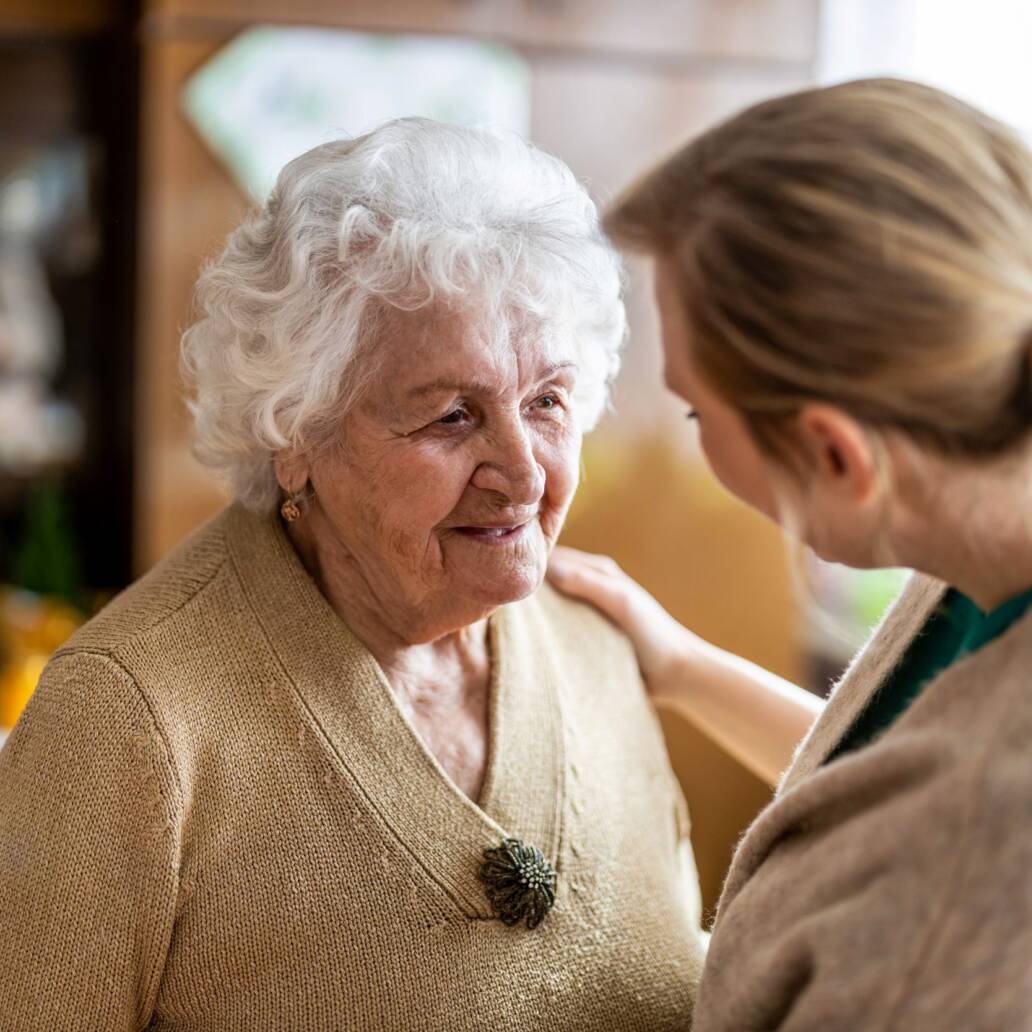Sleeping well is important for our health, both physical and mental. An adequate rest during the night sometimes is not as simple as it seems, especially when we begin to suffer urine losses. According to Dr. Eduard Estivill, Director of the Sleep Alterations Unit of the Institut Dexeus, "the consequences of poor sleep and rest reduce the alertness of the patient and daily activities, which increases the risk of domestic accidents, labor and traffic, and also the susceptibility to certain diseases such as depression.” “In short," - emphasizes the expert - "significantly reduces the quality of life of the patient and the relatives.”
Adults can suffer from nocturnal incontinence, that is, moderate to severe urine losses involuntarily, consciously or unconsciously while we sleep, or suffer from "nocturia" or nocturnal polyuria, that is, the necessity to go to the bathroom frequently during the night to urinate, between three and six times. Frequent urination can be caused by several factors, including certain diseases or some medications, although it can also influence the fact of having an overactive bladder, or other factors such as sleep apnea, anxiety or depression. All this causes changes in sleep patterns, tired feeling when waking and even weakening of the immune system.
By trying to avoid it, we can follow a series of very simple recommendations:
Keep a daily routine: getting up and going to bed at the same time each day is essential to get a good night's rest. Sleep cycles are linked to our daily activity, and respecting them helps you get to sleep every night. In addition, a relaxing bath, gentle stretching, reading or listening to music can help you fall asleep more easily.
Take care of your biorhythms and get up with daily light: natural light is necessary to regulate biorhythms and the sleep cycle. A part of the spectrum of natural light, known as blue light, is important for our ability to maintain healthy biological rhythms. When the brain receives less blue light, it produces less melanin, a substance that regulates the cycles of wakefulness and sleep.
Do some exercise: doing it for 20 or 30 minutes a day improves the quality of sleep. The most advisable thing is to practice exercise in the morning to activate the body, give it energy to perform during the day and when the night comes you will sleep better.
Avoid going to bed hungry: it is important to dine before going to sleep to avoid that the desire to eat wake us up in the middle of the night. But as important as this is not to dine copiously, because a heavy digestion can keep us awake much of the night. Also avoid spicy foods and follow a healthy diet.
Concentrate on sleep: thinking about the problems that have arisen during the day will only avoid you from falling asleep. Also avoid having a clock visible on the nightstand, as constantly watching it will only increase the discomfort.
The nap: this can be very restorative and help the daily performance, but try to sleep more than 30 minutes or doing so after 5 pm can damage the biological rhythm causing insomnia, less ability to concentrate during the day and can even reduce your reflexes.
Watch what you drink: the fact of drinking little will not prevent losses during the night, on the contrary. Avoid, however, caffeinated or alcoholic beverages.
Maintain good micturition health: emptying the bladder not only before sleeping but throughout the day, in addition to maintaining good habits at the time of going to the bathroom, will also help us at bedtime.
Rest is fundamental for the body and with small changes we can achieve great differences. Remember to consult with your doctor if you have any questions.
Sources:
https://www.neurologia.com/noticia/6059/el-sistema-inmunitario-se-reiniciaria-durante-el-sueno
https://www.aao.org/salud-ocular/consejos/luz-natural-puede-beneficiar-las-personas-mayores


